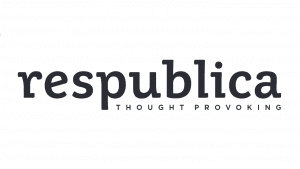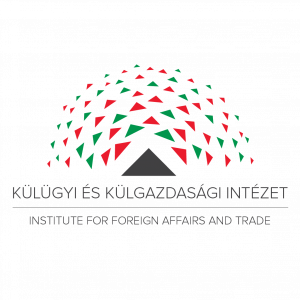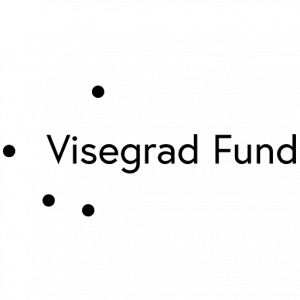Think Tank
Video Recap: US Elections’ Impact on CEE Security
6 November 2024
31 August 2021
On 9 and 10 September 2021 we conducted an interactive scenario-building workshop (online). The workshop brought together a select group of regional leaders and experts from politics, think tanks, academia, media and civil society, from Western Balkans and Visegrad countries.
Visegrad Insight, Res Publica Foundation continues to work on elevating and extending the debate around the future of Western Balkans via its initiative “Western Balkans Futures”. This time we joined our efforts with a number of partners from Visegrad and Western Balkans countries and thanks to the International Visegrad Fund we are taking the next step with the aim to explore potential scenarios for the region in the next decade.
Last year in our Western Balkans 2030 Trends report we outlined the main concerns for the region, i.e., alternative possible developments triggered by the EU’s internal dynamics, but also the political processes in the Western Balkans countries. We have recognized the importance of regional and individual enlargements, the concerns for differentiated membership, but also the abandonment of the enlargement process.
As a next step, we are planning to build upon these reflections and expand our horizons in pursuit of possible scenarios for the future development of the Western Balkans and to take a broader perspective encompassing the complexity of internal, regional, and external factors that can show us plausible trajectories of future developments in the region going beyond the EU-Western Balkans relations.
At the workshop, we discussed diverse perspectives of peace and prosperity with or without EU membership for a conflict-driven and war-torn region in order to elucidate the most tangible scenarios. The identification of these most plausible scenarios through deliberation and constructive criticism will frame the alternative paths of development.

The participants’ contribution during the workshop will result in the scenarios report and recommendations for the Western Balkans region which will then be distributed among a wide audience, including policy and decision-makers in order to fuel public debate and shape EU strategies for the region.
In partnership with:








Supported by:
The project is co-financed by the Governments of Czechia, Hungary, Poland and Slovakia through Visegrad Grants from International Visegrad Fund. The mission of the fund is to advance ideas for sustainable regional cooperation in Central Europe.
Contact:
Tetiana Poliak-Grujić, Operations Manager, t.poliak@res.publica.pl
#wb_futures